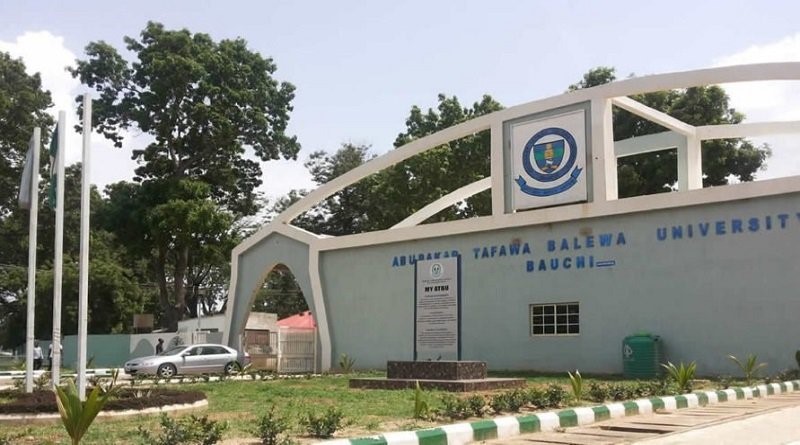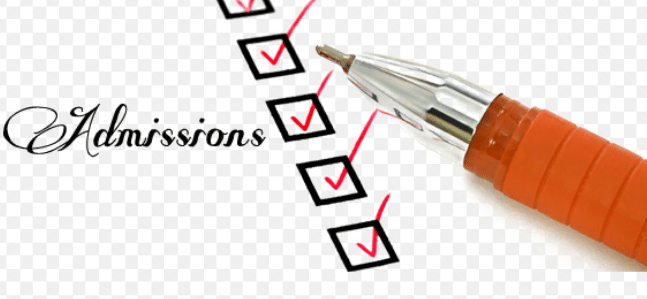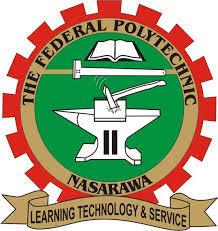Education in Nigeria is divided into three levels, namely, primary, secondary, and tertiary levels of education. Primary education is the formal starting foundation level of education. Primary education is the level of education where the learners are exposed to the basic skills of Mathematics, English language, Handwriting, General Studies, among others.InformationGuideNigeria
According to Olaniyan and Obadara (2008), primary education is a foundation upon which all other levels of education such as secondary and tertiary schools are built. In other words, whatever that has happened to primary education, whether positive or negative, will definitely affect the secondary and tertiary levels of education in the same direction.
Read Also: 10 Challenges and Problems facing National Population Commission and Possible Solutions
What Is Primary Education
Primary education in Nigeria is the foundation of a child’s educational journey. It’s the first step towards building a bright future and is crucial in laying the groundwork for higher education. In Nigeria, primary education lasts for six years, starting at age six and ending at age 12. Every child must attend primary school, and the government provides free, basic education for all.Challenges Facing Primary Education In Nigeria
The curriculum focuses on the basics like reading, writing, and arithmetic, as well as subjects like social studies and science. The quality of education, however, can vary from one school to the next, with some schools being better equipped and staffed than others. Despite its challenges, primary education in Nigeria is still considered the key to unlocking a child’s potential and providing them with the skills they need to succeed in life.
10 Challenges Facing Primary Education In Nigeria
Primary education is the foundation of a child’s learning journey and it must lay a strong foundation. In Nigeria, however, primary education faces several challenges that make it difficult for children to receive a quality education. Here are the top 10 challenges faced by primary education in Nigeria.
Read Also: 10 Problems and Challenges Facing NCDC in Nigeria
-
Lack of Funding
Lack of funding is one of the major challenges facing primary education in Nigeria. The education sector in Nigeria is heavily reliant on government funding, which is often inadequate and inconsistent. This results in a shortage of resources such as textbooks, desks, and buildings, as well as a lack of investment in teacher training and professional development. This means that many schools are unable to provide a quality education for their students.
-
Poor Infrastructure
The poor infrastructure in Nigeria is a big headache when it comes to primary education. It’s like trying to build a house with a leaky roof and faulty foundation, it just ain’t gonna work. You have overcrowded classrooms, dilapidated buildings, and not enough materials. It’s a real struggle for teachers to give their students the best education possible in these conditions. And it’s not just the physical infrastructure that’s lacking, the lack of basic amenities like electricity and clean water also poses huge challenges.
-
Shortage of Teachers
Nigeria has a shortage of qualified teachers, which means that there are not enough teachers to go around. This leads to large class sizes, and it is difficult for children to receive individual attention.
-
Unqualified Teachers
Some teachers in Nigeria are not qualified to teach, which means that they are not equipped to provide quality education. This can hurt students’ learning.JAMB Portal
-
Inadequate Teacher Training
Teachers in Nigeria often lack proper training, which makes it difficult for them to provide quality education. This can result in poor teaching methods and a lack of knowledge about how to effectively teach students.
Read Also: 10 Problems and Challenges of EFCC in Nigeria
-
Lack of Proper Materials
Many schools in Nigeria lack proper educational materials like books, pencils, and paper. This makes it difficult for students to learn and complete assignments.
-
Language Barrier
The language barrier is a major challenge facing primary education in Nigeria. You see, Nigeria is a country with over 500 different languages and dialects spoken. And that means that in some schools, the language spoken by the teachers and the language spoken by the students can be completely different.
This language barrier can make it tough for students to understand their lessons, and for teachers to effectively communicate with their students. It can lead to confusion, miscommunication, and a lack of engagement in the classroom. When students can’t understand what’s going on in class, it’s tough for them to learn and do well.
-
Cultural Barriers
In Nigeria, cultural barriers can be a real headache for primary education. Let me break it down for you. You see, some communities in Nigeria have deep-rooted beliefs and practices that don’t always jive with what’s taught in the classroom.6 Best Airtel 4g Mifi and their Prices in Nigeria
For example, some folks believe that girls shouldn’t go to school, or that traditional practices are more important than getting an education. This can lead to low enrollment and high dropout rates for kids, especially girls.NYSC Portal
Another issue is the language barrier. A lot of Nigeria is multilingual, with over 500 different languages spoken. This can be tough in the classroom, where teachers may struggle to communicate with kids who don’t speak the same language. It’s a real catch-22, because these kids are less likely to understand what’s going on in class, and they might not get the education they need to succeed.10 Best MTN Routers in Nigeria and their prices
Read Also: 10 Problems and Challenges Facing NYSC in Nigeria
-
Corruption
Corruption is a major problem in Nigeria, and it affects all aspects of society, including education. Money that is meant for education is often misused or embezzled, which means that children are not getting the resources they need to learn.105 Good Morning Love Messages
-
Lack of Parental Involvement
Many parents in Nigeria are not involved in their children’s education, which means that they are not providing the support that their children need to succeed. This can lead to low academic performance and a lack of motivation to learn.200 Romantic Love Message
Primary education in Nigeria faces several challenges that make it difficult for children to receive a quality education. However, with proper resources and support, these challenges can be overcome and children can receive the education they need to succeed in life.
Read Also: 10 Challenges and Problems Facing JAMB and Possible Solutions
Conclusion
Primary education in Nigeria is facing a slew of challenges that hinder the growth and development of the sector. These challenges range from inadequate funding and resources to poor infrastructure and facilities, and a shortage of trained teachers. Moreover, the quality of education provided is often subpar, with many students unable to read or write basic sentences by the time they finish primary school. This is largely due to a lack of proper training and resources for teachers, as well as a lack of proper planning and implementation by the government.
However, all hope is not lost, as there have been efforts to address these challenges. For instance, the government has increased funding for education and has introduced programs to train and retain teachers. Private organizations have also stepped up to provide support in terms of resources and infrastructure. It’s high time that the government and all stakeholders work together to provide a brighter future for the children of Nigeria and ensure that primary education is accessible, affordable, and of good quality for all. To quote an adage, “if you want to go fast, go alone. But if you want to go far, go together”. So, let’s join hands to create a better future for Nigeria’s children.
Check JAMB Result
Check and Confirm: How much is Dollar to Naira



![UNILAG HRDC Application form 2024/2025 [Advanced Diploma, Diploma & Professional Certificate courses] UNILAG HRDC Application form 2024/2025 [Advanced Diploma, Diploma & Professional Certificate courses]](https://infoguidenigeria.com/wp-content/uploads/2021/08/UNILAGOS.jpg)